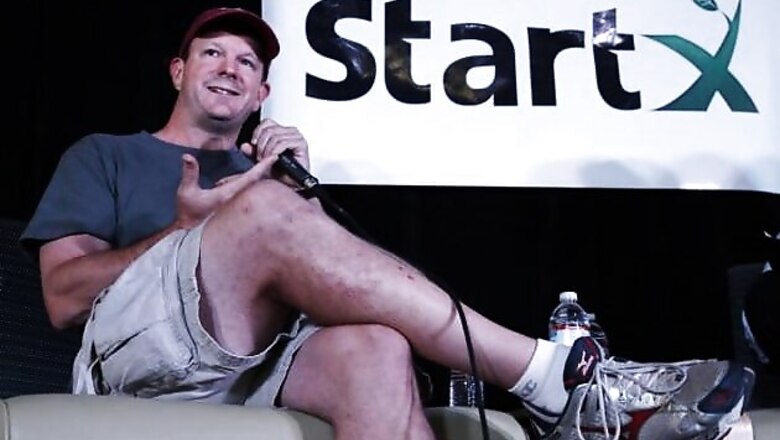
views
Polo Alto: Boosting the adoption of messaging service WhatsApp in the United States and some other markets is proving difficult, co-founder Brian Acton said, but the company will still create substantial revenue for prospective parent Facebook Inc.
"Growth in the United States is a challenge for us," Acton said on Wednesday after a talk at StartX, an incubator for young companies affiliated with Stanford University.
He also cited Japan and Taiwan as countries where "we could have been more successful with a little bit more effort."
But Acton otherwise struck an upbeat tone in his first public comments since Facebook said earlier this year it would acquire fast-growing WhatsApp for $19 billion in cash and stock.
Acton noted what he saw as WhatsApp's value, saying he believed it would send 1 billion new users to the social network, even as WhatsApp services remain apart from Facebook's.
He described the relationship between the two companies as "separate but equal," saying co-mingling the services could create "risk and peril."
"We don't look at it from the experience of, 'We're going to get swallowed by the Borg,'" he said, referring to a group in the show "Star Trek" who assimilate other species.
Downplaying concerns that Facebook could learn data about WhatsApp users, Acton said WhatsApp had little valuable information to share.
"We don't have much beyond a phone number to work with," he said, adding the company's staff didn't trawl through user messages. Talking to reporters later, he said all messages were encrypted.
Given that Stanford students made up a big chunk of the audience, Acton spoke at length about his own years as an undergraduate at the university in the early 1990s, naming particular professors and courses that inspired him.
Many students today aspire to work at start-ups, but Acton spoke highly of his early experience working at bigger companies, including Apple and Yahoo. There, he learned crucial skills including large-scale server management.
Talking up the more corporate path he took didn't stop him from pitching the students on jobs at his own five-year-old company.
"Please come join us," he cajoled, as the audience laughed.















Comments
0 comment